What Does It Mean To Worship?
Digging Deeper
Do you ever go through phases where you feel you cannot dig deep enough into scripture? I love when I feel this way. When I began learning more about the Hebrew alphabet, that’s exactly how I felt. The depth of scripture becomes so much more profound. When I learned the Hebrew for the word worship, it came alive.
When my fascination with the Hebrew text came alive, I asked Sam (my husband) where to go to research these words and their meanings. His suggestion was a lexicon. A lexicon is simply a dictionary of Hebrew or Greek words.
On my Amazon search to find a lexicon, I came across a book called “Hebrew Word Study, Beyond The Lexicon” by Chaim Bentorah. In my mind, I thought, why stop at the Lexicon when you can go beyond the Lexicon?
Mind Blown! Ready? Here we go.
In the first few chapters, I could not believe the amount I learned. I devoured the book and refer to it often. The inspiration from this post comes from one tiny section of the book. Every paragraph is like the Lord unveiling mysteries to me. If you have wanted to learn more about Hebrew words, I highly suggest this book. Just click here to learn more about it.
A Quick Introduction To The Hebrew Alphabet
Unlike the English language, where A is solely an A, all twenty-two letters in the Hebrew alphabet have multiple, in-depth meanings. They also have a numerical value. The combining of these letters creates Hebrew words by the definition of the letters, not the sounds. Two of the letter don’t even have a sound. Chaim Bentorah says, “Each letter tells a story of what its meaning represents, and each meaning represents some aspect of the nature of God and His relationship to mankind and theirs to Him.”
Worship
The first example given in this book was the word “Worship.” I cannot say it better than the author himself; below are the words of Chaim Bentorah.
“The word for worship in Hebrew is שחה (shâchâh.) Hebrew is read from right to left, so the first letter of the word is Shin ש which traditionally carried the meaning of passion, fire, or a fiery passion. Thus worship involves a fiery passion between God and man. The second letter is Chet ח which represents a joining with God in a secret special place or a bridal chamber. The final letter in the word ה (shâchâh) is the Hei which represents the divine presence or the presence of God. Thus, you have a built-in commentary on the word for worship or שחה (shâchâh) which tells you that when you worship, you are sharing a fiery passion with God and He with you through a joining with him in a secret place, like a bridal chamber to experience His presence.”
Chaim Bentorah
I find this breathtaking. What a beautiful place the Lord wants to enter with us. Let’s take these three letters that make up the word for worship, shâchâh, and break them down a little further.
Fiery Passion
When I think of “Fiery passion,” I think of an intense desire to be as close to God as possible. Think of times when you were worshipping, and you just felt you could not draw close enough to God.
This fiery passion makes me think of Moses on Mount Sinai. Moses desired to draw closer to God and see His face. God says in Exodus 33:20 NIV, “You cannot see my face, for no one can see my face and live.” I imagine Moses had this fiery passion and longing to be as close to God as He could. God says in response that to see His face would be so powerful that no one could survive. My human mind cannot even fathom this.
God knew how badly Moses wanted that little bit more, so God agreed to walk past. Exodus 33:22-23 NIV says, “When my glory passes by, I will put you in a cleft in the rock and cover you with my hand until I have passed by. Then I will remove my hand and you will see my back, but my face must not be seen.”
God knows our heart and our desire to draw close, but He is also very aware of what we can handle. He draws us in as close as we can come. We need to drop our guard, the fence we have built around our hearts, and allow God to come in and reveal more of Himself to us. I pray for God to draw us into a place of fiery passion with Him.
The Secret Place
The secret place is a space I want to explore. I picture it as a place I can go to when I am struggling with the throes of life. I imagine this as a spiritual place, not necessarily a physical location, even though both are possible. When thinking of the secret place biblically, it reminds me of Jesus in the Garden of Gethsemane. It was a physical space, but it also took Him to a spiritual place with God. Learn more about the secret place here.
Jesus Went To The Garden
Jesus went to the garden to pray when He was facing the most horrific form of execution ever experienced. In the garden, Jesus says to Peter and the two sons of Zebedee in Matthew 26:38, “My soul is overwhelmed with sorrow to the point of death. Stay here and keep watch with me.”
He brought them to the garden with Him to stand watch while He prayed. He came to this specific place to encounter God in their secret place. In this time of prayer, Jesus asks God, “To take this cup from me” (Matthew 26:39), even though He knew He had to fulfill this part of the plan. This story shows that God knows our deepest pains and fears. He allows us to enter the secret places with Him to rest, rejuvenate, and be with Him. Jesus had to die, but I believe God gave Him strength and peace in that time of prayer that could only come from those intimate moments with God.
When we enter these precious places with God, He does not always take the pain away, but unlike popular belief, He allows us to go through more than we can handle. In these desperate places, when we know we cannot make it through alone, He is walking right by our side, never letting go.
The Divine Presence Of God
Last but certainly not least, I want to look at the last letter in the word for worship, the Hei. This letter started me on my search for exploring more. I read another book that used it, and this letter sparked a godly curiosity. I don’t know how else to explain it.
Hei is the letter that symbolizes the divine presence of God. Other resources describe the Hei to mean the breath of the creator, or that still small voice.
This divine presence reminds me of my favorite post in the lenten series, “The Veil is Torn.” I think of the Holy of Holies as that sacred place to experience His presence. It was in the tabernacle, and only the high priest could enter and experience this magnificent encounter with God. When the veil tore when Jesus died, it created the invitation for us to enter His divine presence.
'Jesus died for our #salvation, He died for our #healing, but He also died for us to enter the #holyplaces with God.' Read more at https://jenniferthayerknight.com/worship/#worship Share on XJesus died for our salvation, He died for our healing, but He also died for us to enter the holy places with God. We cannot take this for granted. We should take every opportunity to come to the altar and worship. In the first seven chapters of Leviticus, we find God inviting the Israelites to come and worship Him through offerings. God is still inviting, but now through the torn veil. Jesus made the way for us to always come into His presence. The invitation is always open.
What Is Worship?
From these definitions, I believe it’s when we approach God in that sacred space shared between you and Him. It’s the giving and taking between you and the Divine. We come with pure hearts full of fiery passion to lavish praise upon Him. We come with the desire to draw closer, and in return, we get to feel the divine breath of God fall over us. I see this as a cyclic pattern. The more we feel His all-consuming presence, the more often we want to be in the secret places to praise Him and the more He will give to us.
I hope these words stirred your heart and inspired you as much as they did for me. If you learned something new or God touched your heart somehow, I would love for you to share it in the comments.


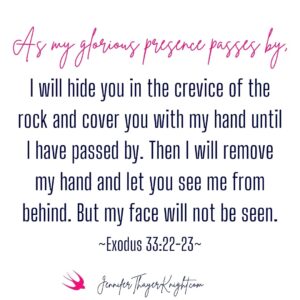
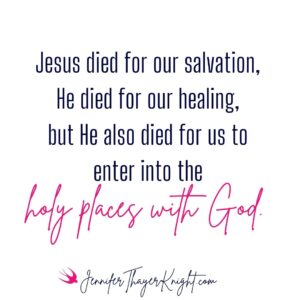

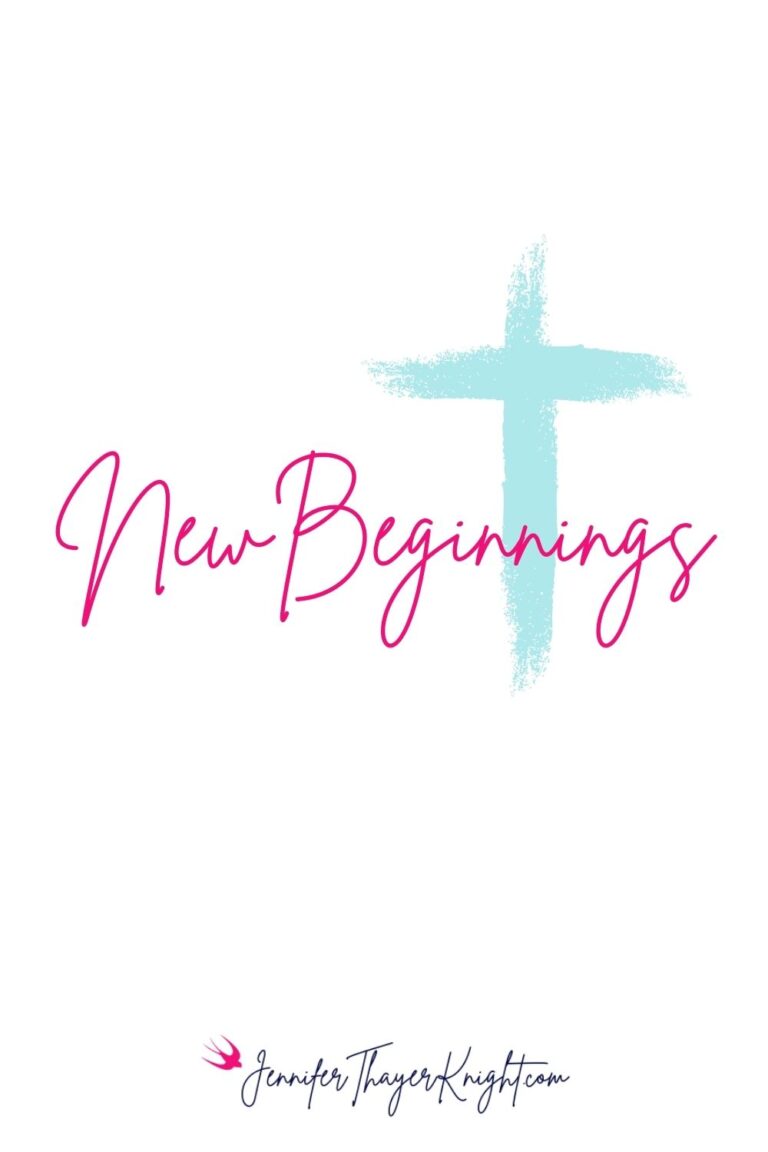

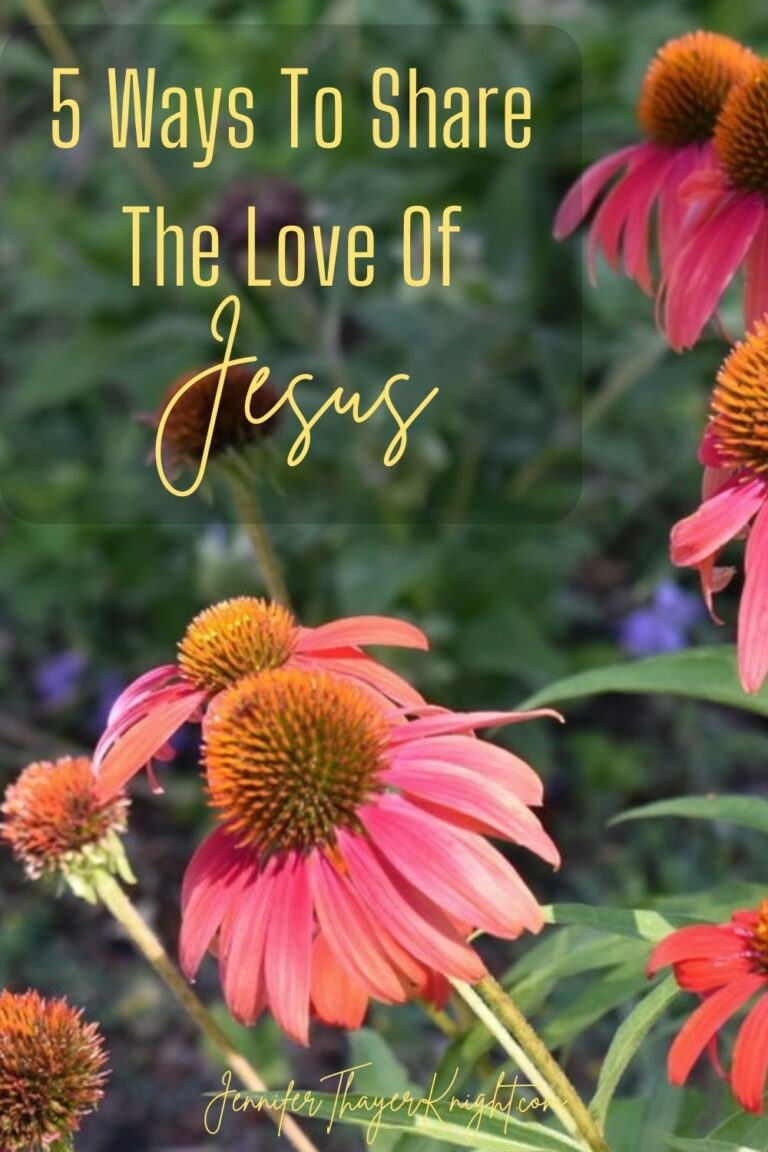

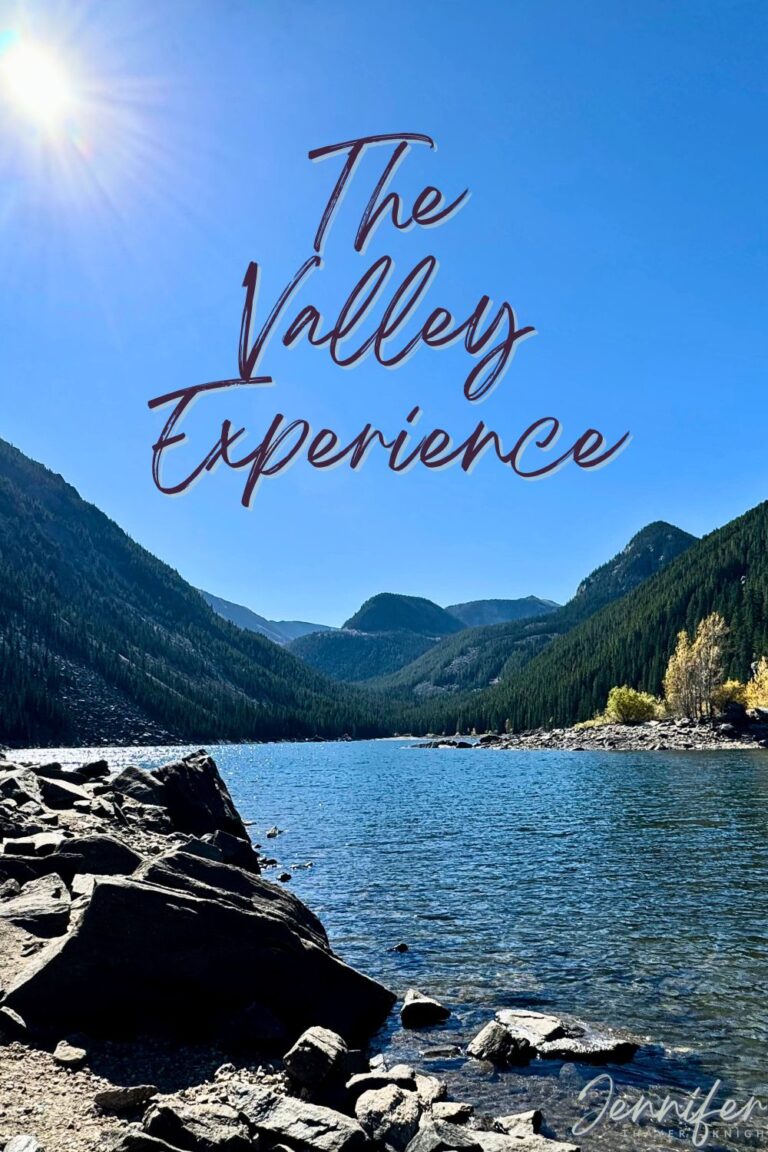
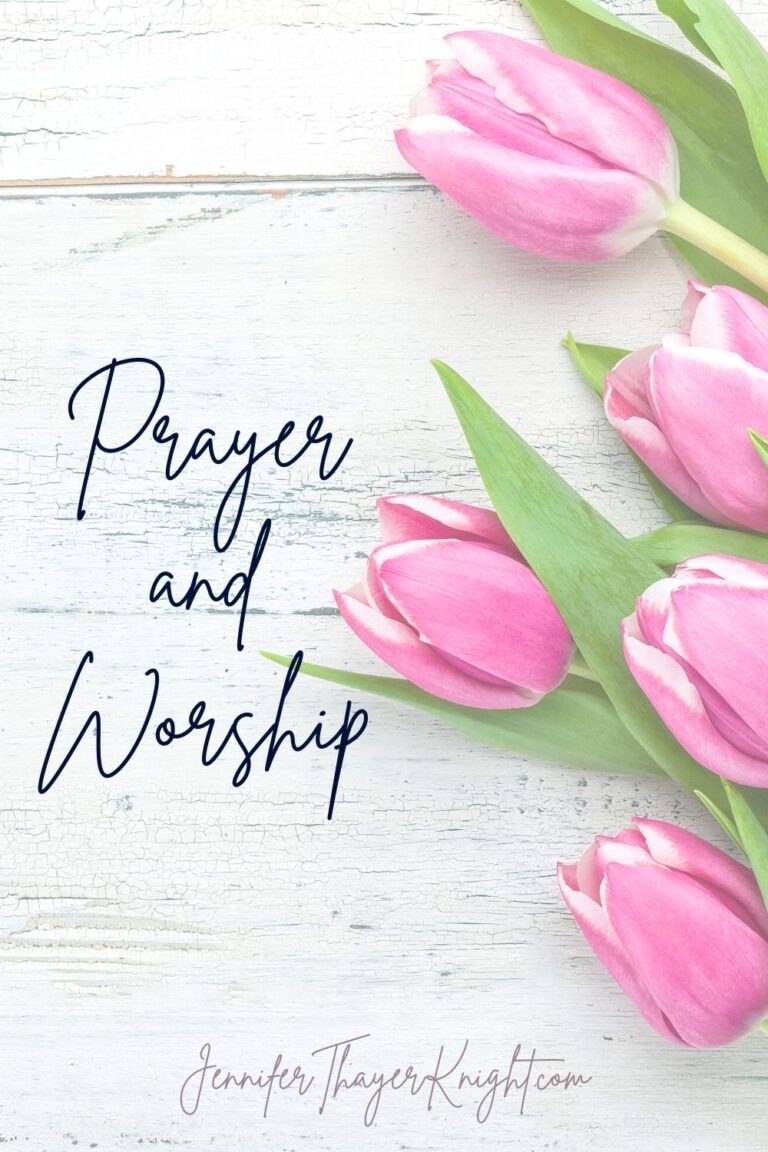
I purchased two copies of your book and shared one with a friend. We’re both working on the study, but are struggling to find time to meet together. I’d love to join your group, but I don’t think I can work it out now. Loved today’s message and how you took us deeper into the meaning of worship. Thank you for blessing my day.